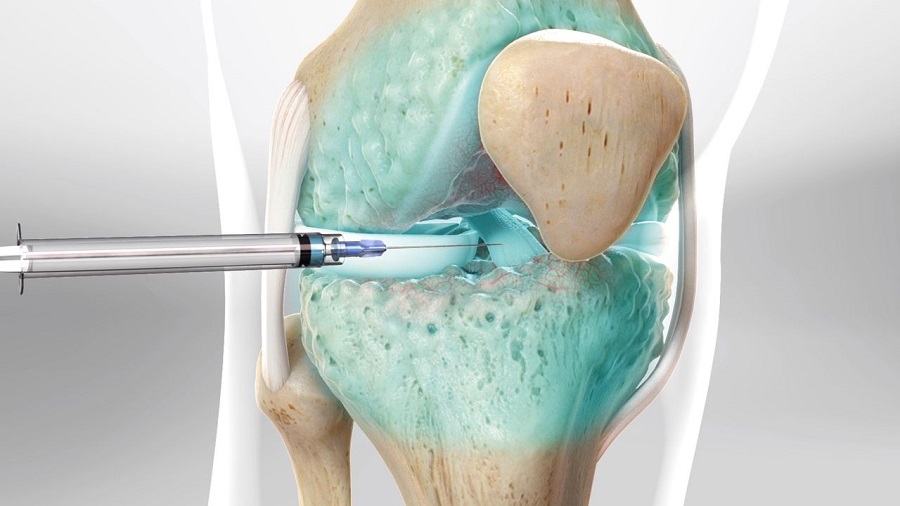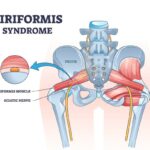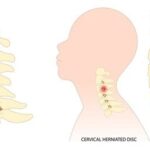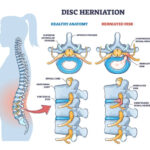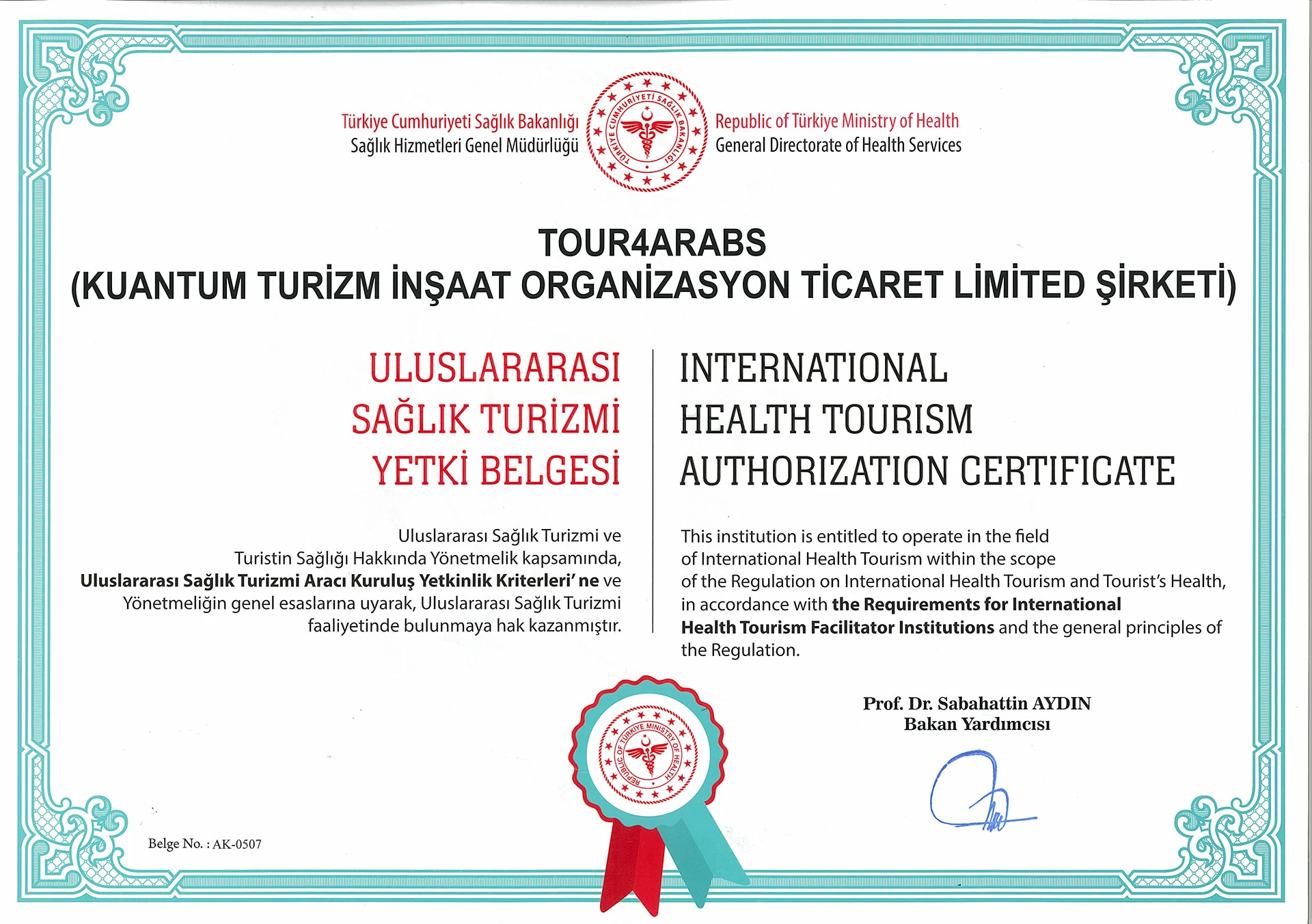What is Hydrogel (Liquid Knee Prosthesis)?
Hydrogel (Liquid Knee Prosthesis); Calcification is a disease seen in the joints and occurs due to wear and tear of the cartilage tissue over time. Cartilage; It is a smooth and elastic tissue that connects the joints and covers the ends of the bones. This tissue prevents the bones from rubbing against each other and allows the joints to move easily.
Osteoarthritis causes this cartilage tissue to thin and wear out, causing the bones to rub against each other and causing pain.
Knee arthritis is a type of this condition that occurs in the knee joint. It is common in older individuals, but it can also be seen in young people. Factors that cause knee arthritis include genetic predisposition, excess weight, previous trauma to the knee, and overuse.
The development of knee arthritis spreads over a long period of time and can greatly limit life as it progresses. Patients usually experience symptoms such as pain, swelling, limitation of movement and joint deformities. This situation can negatively affect the person’s daily life. For example, even simple movements such as climbing stairs, taking long walks, or squatting can become challenging and painful.
Although there is no definitive treatment for knee arthritis, various treatment methods can be applied to relieve pain, reduce movement limitations and improve quality of life. These include medication, physical therapy, knee braces, knee intra-articular injections and surgical interventions (when necessary).
Hydrogel (Liquid Knee Prosthesis) Treatment for Knee Calcification
The use of intra-joint polyacrylamide (PAAG) hydrogel injection in the treatment of knee arthritis is quite new.
Since the hydrogel is compatible with body biology, it can be injected into the knee joint as a sterile gel. This gel consists of 97.5% sterile water and 2.5% of a substance called polyacrylamide. Polyacrylamide prevents biodegradation of the hydrogel. Therefore, it cannot be absorbed and broken down by the human body.
The hydrogel injection is applied to the knee joint cavity and integrates with the synovial tissue.
Within a few weeks after the hydrogel adheres to the synovial membrane, it begins to integrate into the adjacent joint capsule. In other words, it helps the joint bear load by creating a kind of cushion within the joint. In addition, hydrogel strengthens the joint capsule, making it more elastic.
How to Perform Hydrogel (Liquid Knee Prosthesis) Injection
Hydrogel injection is a procedure performed in a clinical setting and under sterile conditions. The hydrogel is applied by injecting it into the knee joint with a needle. A small amount of local anesthetic (medicine that numbs a specific area) may be used to relieve pain that may occur during the procedure.
Before hydrogel injection, an ultrasound scan may be performed to determine the most appropriate area for injection and the current fluid level in the knee joint. If there is excess fluid in the knee joint, it must be drained before hydrogel injection.
After Hydrogel (Liquid Knee Prosthesis) Injection
The patient should be monitored for 10-15 minutes after the hydrogel injection to ensure there are no side effects. After the effect of local anesthesia wears off, mild joint pain and swelling may be experienced. In this case, it may be necessary to continue some painkillers.
After the injection, the knee should be rested for at least 2-3 days. Strenuous activities should be avoided to minimize the risk of inflammation and flare-ups. For example, activities that actively use the knee, such as running and long walks, should not be done.
The benefit of the injection usually begins to be noticed 4 weeks after application. It may take up to 12 weeks for the hydrogel injection to have its full effect. Since the hydrogel is not broken down by the body, it is suggested that it relieves pain for a longer time.
Who Cannot Have Hydrogel (Liquid Knee Prosthesis) Injection
- People with an existing infection inside the knee or on the skin.
- Those who have had knee arthroscopy surgery in the last 6 months.
- People who underwent knee prosthesis surgery and were fitted with an artificial knee joint.
- Those who have any implants in the knee joint.
- Those who have recently had hyaluronic acid injection.
- People with conditions that can affect the joints, such as hemophilia, autoimmune diseases, lupus, rheumatoid arthritis.
